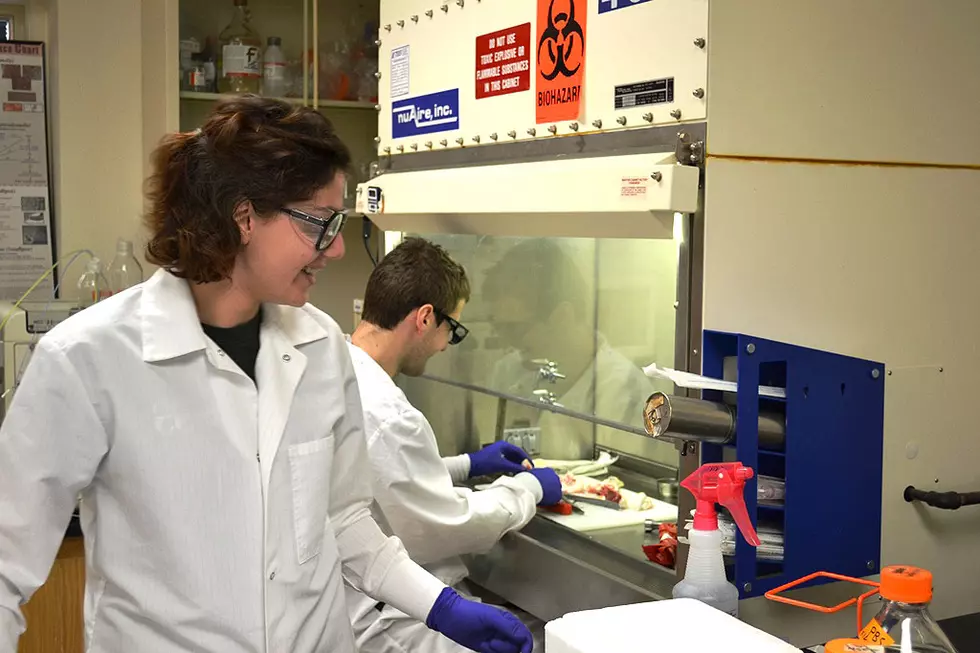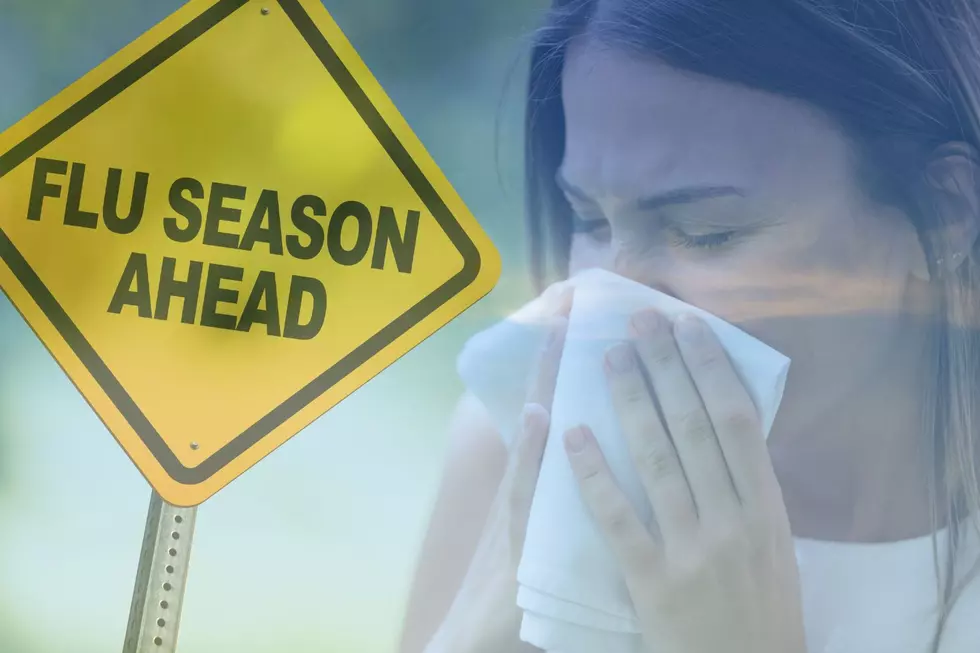
University Of Wyoming Researchers Hope To Produce Better Brucellosis Vaccine
College of Agriculture and Natural Resources scientists at the University of Wyoming are hopeful their brucellosis studies may produce a better vaccine for livestock and are studying whether a change in vaccination procedures could offer better control.
Brucellosis can cause elk, bison and cattle to abort fetuses. The highest risk of brucellosis transmission to other animals occurs after an animal has an abortion. The organism can also be transmitted to humans, often through consumption of unpasteurized milk or dairy products such as soft cheese, which may result in a severe disease called undulant fever.
“We have eradicated the disease from livestock but occasionally get a disease spillover from elk transmitting the organism to livestock,” said Bruce Hoar, University of Wyoming brucellosis research coordinator. “One of the ways we try to control brucellosis is through the use of vaccinations.”
Cattle in the U.S. have been vaccinated since the 1930s with a vaccine called Strain 19. That vaccine was moderately effective preventing 60-70 percent of cattle from aborting after becoming infected, said Hoar. Strain 19 was replaced by a vaccine called RB51 in the 1990s and is the currently licensed vaccine for cattle.
“It, too, only protects 60-70 percent of animals in the herd, so that leaves 30-40 percent of the herd vulnerable, and, because of that, we are looking for better vaccines, and that is what a team of researchers here at the University of Wyoming have been involved in for a number of years,” said Hoar.
Hoar says the university has a well-qualified team for brucellosis research, and they hope get grant funding to help in their efforts.
More From KOWB 1290









